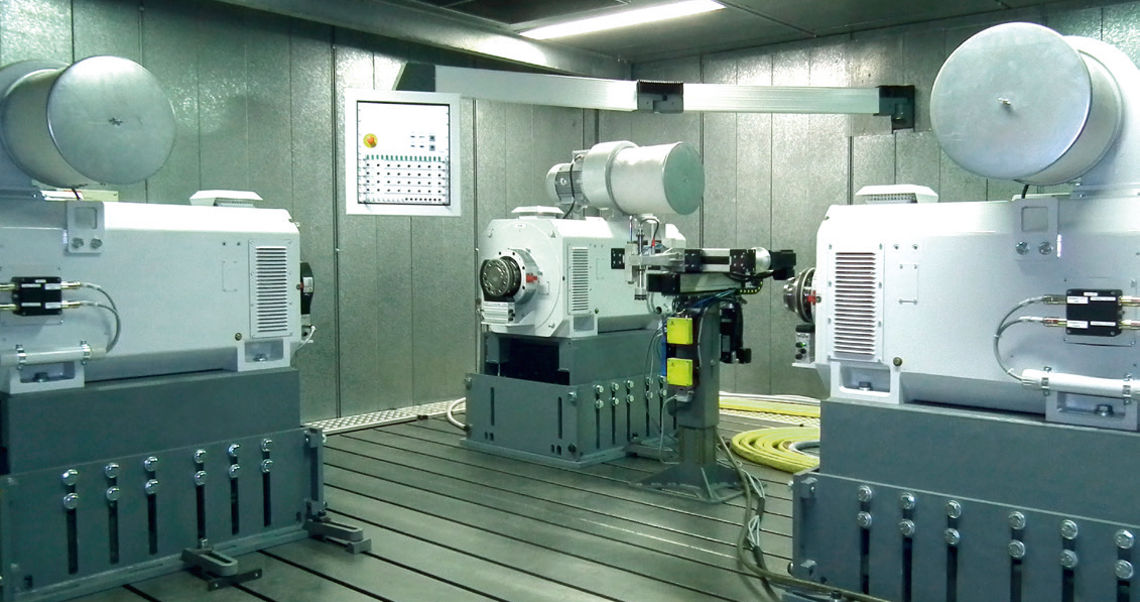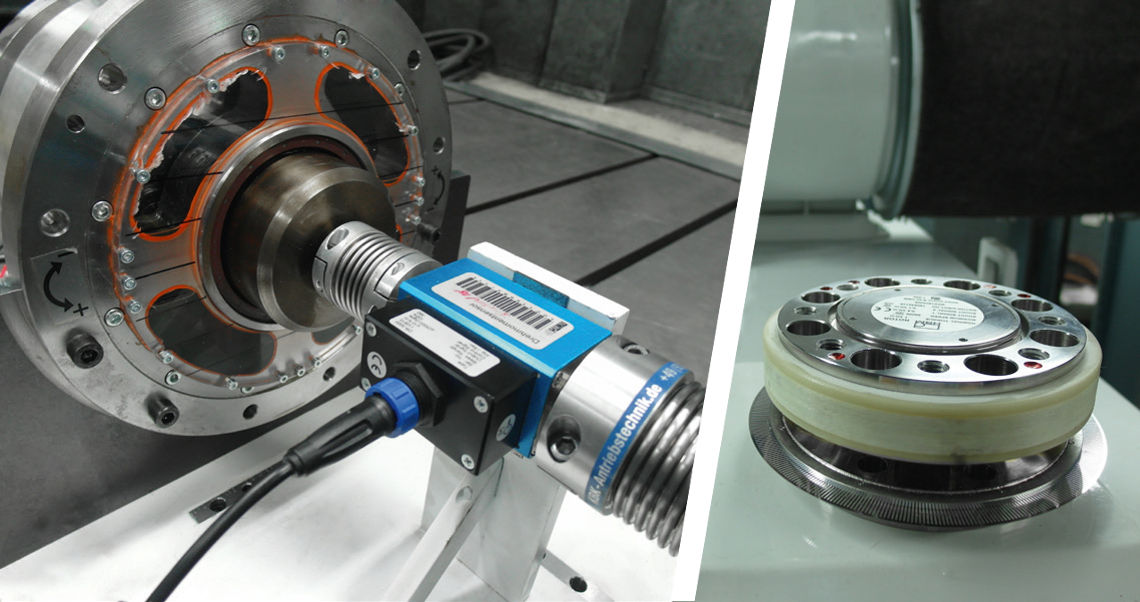![[Foto: Regenerative Braking]](/images/artikel/regenerative-bremsung/regenerative-bremsung1140x300.jpg)
Regenerative braking: An important factor for increasing overall vehicle efficiency
In contrast to conventional vehicles, the analysis of the overall efficiency of (partially) electrified vehicles with x-by-wire systems is much more complex, but also offers greater potential for optimization. Here, it is not only necessary to find suitable solutions for the various driving scenarios, but regenerative braking must also be considered. Studies show that the overall efficiency of a vehicle can be increased by up to 25 % as a result. Various influencing factors must be taken into account. These include, for example, the topology of the electric drive train, the absolute and current performance limits of the drive components and the driving situation. When cornering, for example, wheel-selective brake torque distribution (also known as Brake Torque Vectoring) is a proven means of increasing efficiency while maintaining driving stability. Further possibilities result if a steer-by-wire system is additionally included in the considerations. Finally, the design and the control system of the friction brake system plays an important role with regard to the recuperation strategies to be implemented. The aim of the optimization is the simultaneous maximization of energy efficiency, driving stability and driveability.
Interdisciplinary teams and agile processes
With our experience in the field of recuperation, fka provides supportfor your projects, starting with advice on system design and component selection, through detailed simulation including strategy design and implementation, to support for real tests.
Various models (passenger cars, commercial vehicles) are available in MATLAB/Simulink for considerations in longitudinal dynamics simulation. Learn more in this article. Here, existing recuperation strategies can be evaluated with regard to their energy efficiency and new strategies can be derived and directly tested. The considerations can be extended by lateral dynamic influences. For this purpose, an interdisciplinary team and further simulation models in Adams Car or IPG CarMaker are available, which can also be operated in co-simulation with MATLAB/Simulink. For testing in real situations, (customer-) vehicles can be equipped with appropriate, existing measurement technology and driving tests can be performed on powertrain test benches or suitable test tracks. The research vehicle SpeedE with open interfaces and RCP hardware also exists, on which investigations can be carried out.
Expert services and solutions
With the solutions presented, fka offers a broad portfolio of services to support your ambitious and important goals to optimise overall vehicle efficiency. You are very welcome to contact us to discuss your individual questions. We're looking forward to your message!
fka World of Research
![[Foto: people working in the background with a abstract image of a process as overlay]](/images/artikel/MBSE/Model_Based_Systems_Engineering.png)
Model-Based Systems Engineering
Introduction and implementation of the Model-Based Systems Engineering (MBSE) approach
We move away from the traditional document-based approach and instead rely on interconnected digital models. A system model serves as a shared platform for communication between all teams involved in development. It acts as a central source of information, ensuring that crucial data is always up to date and accessible.
Read more ...
Strategy & Consulting |
Strategy Teaser
Exciting short studies on innovations and developments in the automotive industry by our experts from Strategy & Consulting.
Read more ...![[Foto: VW ID.3]](/images/artikel/bench/id3/vw-id3-IF2_2262.jpg)
Continuous Bechmarking
VW ID.3 Benchmarking
fka & FEV Consulting launched the comprehensive benchmarking program.
Read more ...
![[Foto: Brake Blending as a Function of Vehicle Velocity ]](/images/artikel/regenerative-bremsung/regenerative-bremsung-en-1.jpg)
![[Foto: Brake Blending implemented on the SpeedE research vehicle]](/images/artikel/regenerative-bremsung/regenerative-bremsung-en-2.jpg)
![[Foto: Regenerative Braking]](/images/artikel/regenerative-bremsung/regenerative-bremsung-en-3.jpg)


![[Foto: Oliver Voßen]](/images/personen/vossen-oliver.jpg)